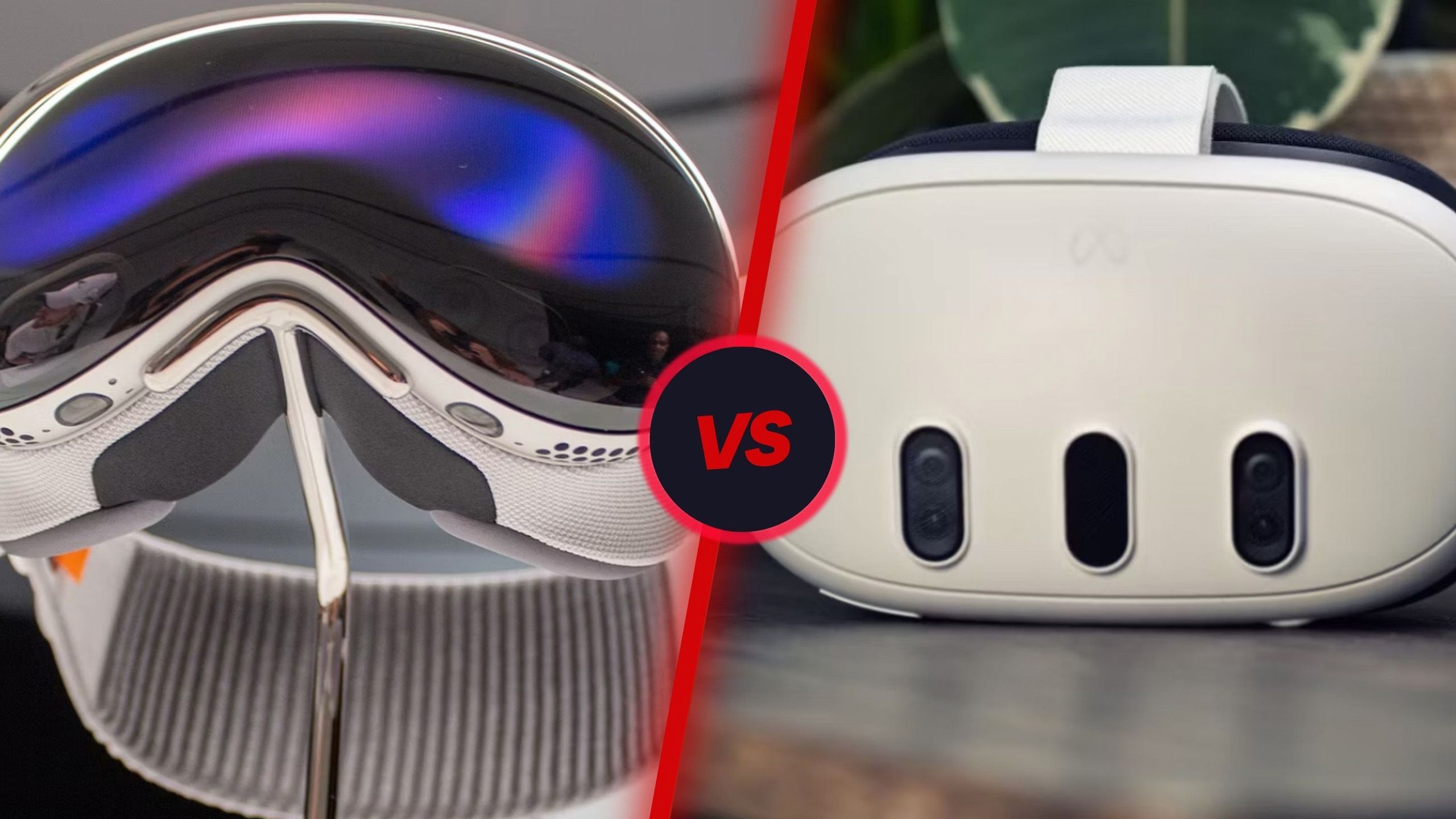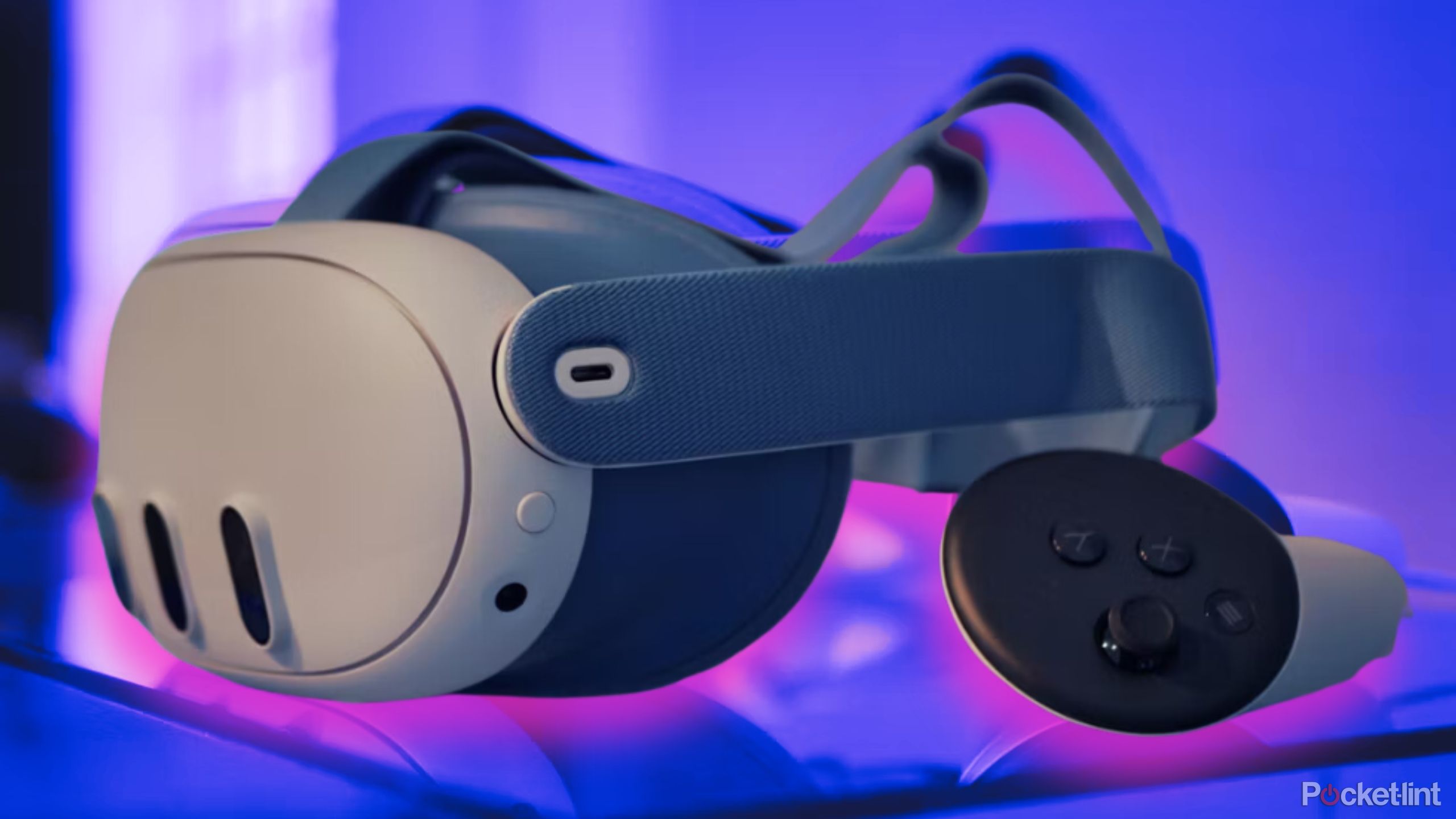Key Takeaways
- Meta is launching an educational platform for Quest VR devices, similar to Quest for Business.
- Currently, using Quests in schools requires time-consuming management.
- Meta will reveal more details soon; it should be available anywhere you can find Quest for Business.
Meta is aiming to push VR deeper into schools by launching “a new product offering for Quest devices dedicated to education,” the company said on Monday. Due sometime later in 2024, the platform will give teachers, administrators, and trainers access to education-specific apps and features, as well as make it possible to manage multiple Quest devices simultaneously. The product is said to be similar to Meta Quest for Business, which launched in 2023.

Apple Vision Pro vs. Meta Quest 3: What’s the difference?
Apple’s Vision Pro is a natural competitor for the highly touted Meta Quest 3, even if both are wildly different. Here is everything you need to know.
Until now, schools wanting to use Quests have had to configure and update each headset individually, including installing apps. People who own a Quest 3 know that even with that device’s improvements, the process can be time-consuming. On top of that, organizations have to find a way of keeping every headset and controller pair charged so that’s they’re ready to go. A Quest 3 normally lasts just two hours or so using its internal battery, which is unlikely to be enough for an entire school day.
Most details about the educational platform, such as its name and features, will be revealed “in the coming months,” according to Meta. The only other information available so far is that it will launch in markets where Quest for Business is available — currently up to 21, including countries like the US and Canada — and be limited to schools with students 13 or older. That makes sense, since VR typically isn’t recommended for young children with developing vision, and Meta doesn’t support Quest accounts at all for kids under the age of 10. Another concern might be fragility, since VR headsets and accessories can be easy to break if a user isn’t paying attention to nearby obstacles while they’re immersed.
The prospects for mass deployment of VR in schools is uncertain. Many organizations struggle to afford devices like Chromebooks or iPads, and a single Quest 3 starts at $500, at least before any bulk institutional discounts. It’s more likely schools will adopt the Quest 2, which is still on sale at a reduced price of $280.

11 Meta Quest 3 games you absolutely have to try
The new VR headset from Meta takes VR to another level. Here are the best games to experience it fully.
Meta has struggled to persuade the public that its headsets are good for more than just games and movies. In that vein the company has focused on remote collaboration possibilities, as well as the ability to extend your computer’s desktop with virtual monitors. Still, even the Quest 3 uses a phone-like processor, and its eyepieces aren’t as sharp and readable as the Apple Vision Pro. There are relatively few educational apps available for Quests, two of the more notable examples being Mission ISS — a tour of the International Space Station — and Traveling While Black, a once-acclaimed documentary piece that hasn’t been functional for several months, owing to technical problems. Meta may need to find ways of fueling more app development if it wants Quests to be attractive to educators.












